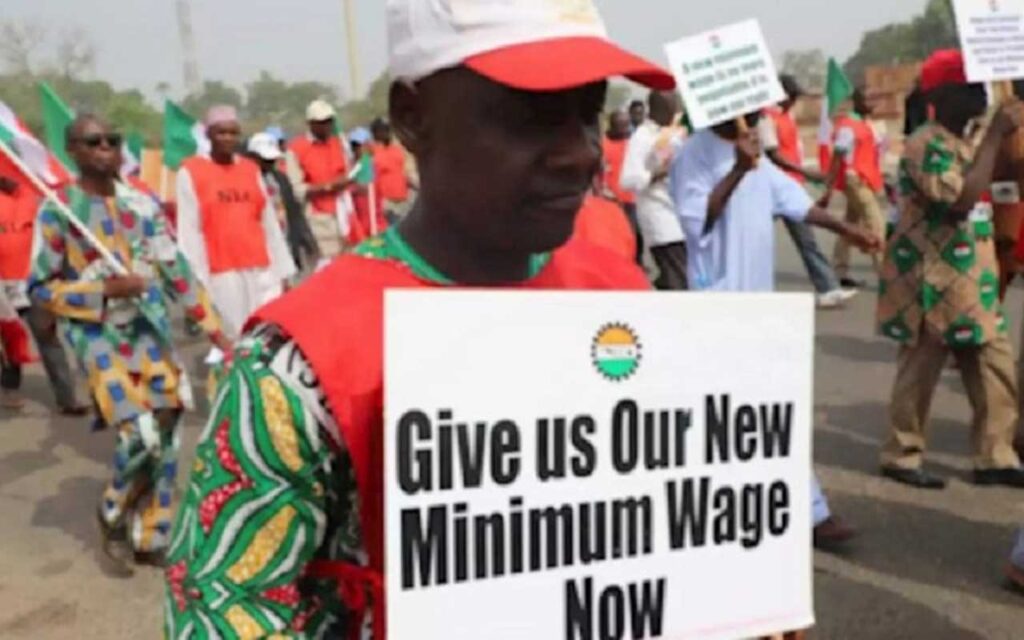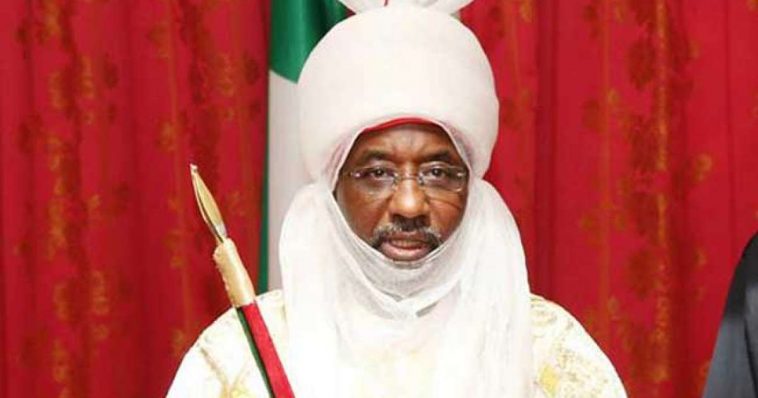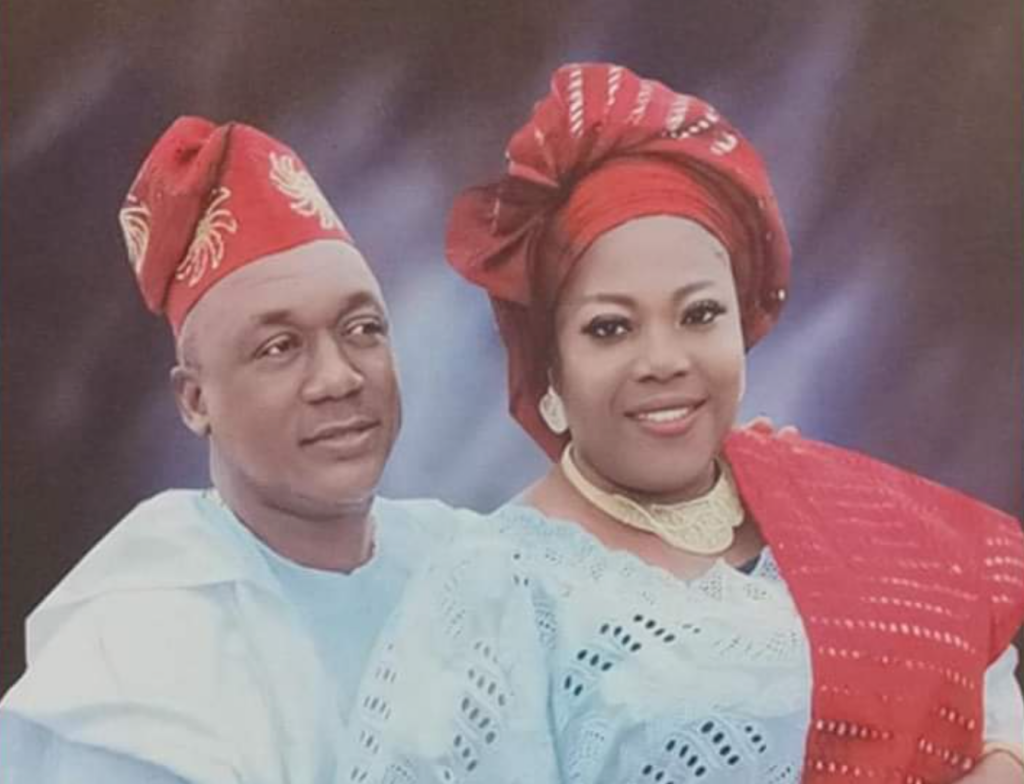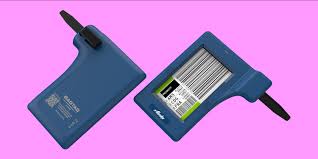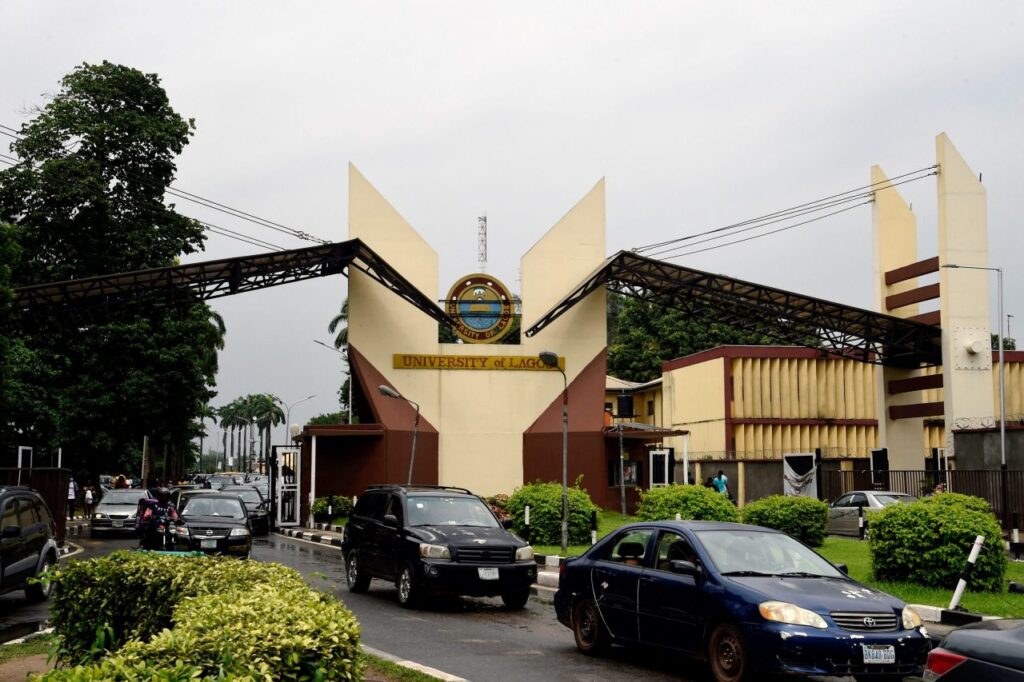
President-elect Muhammadu Buhari yesterday restated his resolve to rescue the 276 Chibok school girls kidnapped by Boko Haram, the Islamist group.
In a statement to mark one year of the Chibok girls’ kidnap, Buhari also insisted that he would ensure that the Islamists are defeated.
In the same vein, Nobel Peace Laureate, Malala Yousafzai, yesterday criticised global leaders for not doing enough to free the remaining 219 schoolgirls.
Malala’s position was corroborated by Mrs. Oby Ezekwesili, a former Minister of Education, who has been leading the #BringBackOurGirls campaign, aimed at rescuing the abducted school girls.
According to Ezekwesili, ‘‘the depth of disappointment, the frustration and the failure to rescue them cannot be measured.
Personally, there is a very deep sense of failure, that our society failed those girls and their parents. And in failing them, we have failed ourselves, especially considering the fact that those girls could not be rescued in the first dates of their abduction.’’
In a letter to the missing girls on the eve of the first anniversary of their abduction, Malala did not hide her frustration, as she wrote: “In my opinion, Nigerian leaders and the international community have not done enough to help you.
“They must do much more o help secure your release. I am among many people pressurising them to make sure you are freed,” she added, calling the girls “my brave sisters.”
The President-elect’s statement made available to The Guardian reads: “Today we remember the kidnapping of 276 girls from a school in Chibok one year ago. This crime has rightly caused outrage both in Nigeria and across the world.
“Today is a time to reflect on the pain and suffering of the victims, their friends and families. Our thoughts and prayers, and that of the whole Nigerian nation, are with you today.
“I want to assure all of them, and particularly the parents, that when my new Administration takes office at the end of May, we will do everything we can to defeat Boko Haram. We will act differently from the government we replace: we hear the anguish of our citizens and intend to respond accordingly.
“This new approach must also begin with honesty. We do not know if the Chibok girls can be rescued. Their whereabouts remain unknown. As much as I wish to, I cannot promise that we can find them. But I say to every parent, family member and friend of the children that my government will do everything in its power to bring them home.
“What I can pledge, with absolute certainty, is that starting on the first day of my Administration Boko Haram will know the strength of our collective will and commitment to rid this nation of terror, and bring back peace and normalcy to all the affected areas.
“Boko Haram” means “Western Education is Sinful”. When they are defeated militarily, as they will be, we will ensure our citizens in the affected areas have improved educational opportunities as a direct counterbalance to Boko Haram’s twisted ideology. In particular we will educate ever more young girls ensuring they are empowered as citizens of Nigeria.
“Let us use this anniversary to remind each other that the attack on Chibok was an attack on the dreams and aspirations of our young people.
“We stand united in our pledge to resist terror in Nigeria– not just through military means but also through the power of opportunity and the hope of a better future for all.”
Yousafzai’s letter, which she said was “a message of solidarity, love and hope”, comes as events, including marches, prayers and vigils, were being held to mark the girls’ 12 months in captivity.
Islamist fighters kidnapped 276 girls from their school in the remote town of Chibok, in Borno State, northeastern Nigeria, on the evening of April 14 last year.
Fifty-seven managed to escape soon afterwards but the remainders have not been seen since an appearance in a Boko Haram video in May last year.
Boko Haram leader, Abubakar Shekau, has claimed they have all converted to Islam and been “married off.”
President Goodluck Jonathan and his government were heavily criticised in the wake of the abduction for their response to the kidnapping but Malala said there were now “reasons for hope and optimism. Nigerian forces are re-gaining territory and protecting more schools,” she wrote.
“Nigeria’s newly elected President, Muhammadu Buhari, has vowed to make securing your freedom a top priority and promised his government will not tolerate violence against women and girls.”
Malala, 17, also wrote of her own experiences at the hands of militants in her native Pakistan.
She was nearly killed by the Taliban in October 2012 for insisting that girls had a right to an education.
She recovered and became a global champion of girls’ rights to go to school. A fund set up in her name would ensure the girls will continue their education after their release, she said, urging them not to give up hope.
“I look forward to the day I can hug each one of you, pray with you and celebrate your freedom with your families. Until then, stay strong and never lose hope. You are my heroes,” she added.
Also as part of activities to mark one-year anniversary of the abduction of the schoolgirls, the United Nations Children Fund (UNICEF) focuses attention on devastating impact of conflict on children.
According to a new report from UNICEF, around 800,000 children have been forced to flee their homes as a result of the conflict in northeast Nigeria between Boko Haram, military forces and civilian self-defence groups.
The new report titled: “Missing Childhoods” was released one year after the abduction of more than 200 schoolgirls in Chibok on April 14, 2014. The new report revealed that the number of children running for their lives within Nigeria, or crossing over the border to Chad, Niger and Cameroun, has more than doubled in just less than a year.
UNICEF Regional Director for West and Central Africa, Manuel Fontaine, in a statement, said: “The abduction of more than 200 girls in Chibok is only one of endless tragedies being replicated on an epic scale across Nigeria and the region.
“Scores of girls and boys have gone missing in Nigeria – abducted, recruited by armed groups, attacked, used as weapons, or forced to flee violence. They have the right to get their childhoods back.”
The figures come as UNICEF draws attention to the devastating impact of the conflict on children across the region using the hashtag #bringbackourchildhood.
As part of this drive, UNICEF is using Snapchat – a social platform where messages disappear – to highlight the plight of the hundreds of thousands of children who are missing out on their childhoods as a result of the conflict.
To tell the stories of the children who have fled the violence, UNICEF and leading Snapchat artists will share images based on drawings from children in Nigeria, Chad, Niger and Cameroun. The artwork reflects what children miss from home and the emotional wounds and suffering they have endured, including seeing their parents and siblings killed, tortured or abducted.
The public will also be invited to share what they would miss most if they were forced from home – either on Snapchat, or on other social channels using the hashtag #bringbackourchildhood.
Missing Childhoods outlines how the conflict is exerting a heavy toll on children in Nigeria and across the region in an increasing number of ways:
· Children are being used within the ranks of Boko Haram – as combatants, cooks, porters and look-outs.
· Young women and girls are being subjected to forced marriage, forced labour and rape.
· Students and teachers have been deliberately targeted – with more than 300 schools damaged or destroyed and at least 196 teachers and 314 schoolchildren killed by the end of 2014.
UNICEF has stepped up its humanitarian response to the crisis. Over the past six months, UNICEF has provided over 60,000 children affected by the conflict in Nigeria, Niger, Cameroun and Chad with counselling and psychosocial support to help them ease the pain of their memories, reduce stress and cope with emotional distress.
UNICEF is also working with partners to provide safe water and life-saving health services, restore access to education by creating temporary learning spaces, and deliver therapeutic treatment to malnourished children.
Faced with a severe funding shortfall, UNICEF is urging international donors to ramp up their financial support for relief efforts in Nigeria and the neighbouring countries.
UNICEF has received only 15 per cent of the US$26.5 million required for its humanitarian response in Nigeria for 2015, and no more than 17 per cent for its overall humanitarian funding appeal for Cameroun, two per cent for Niger and one per cent for Chad.

